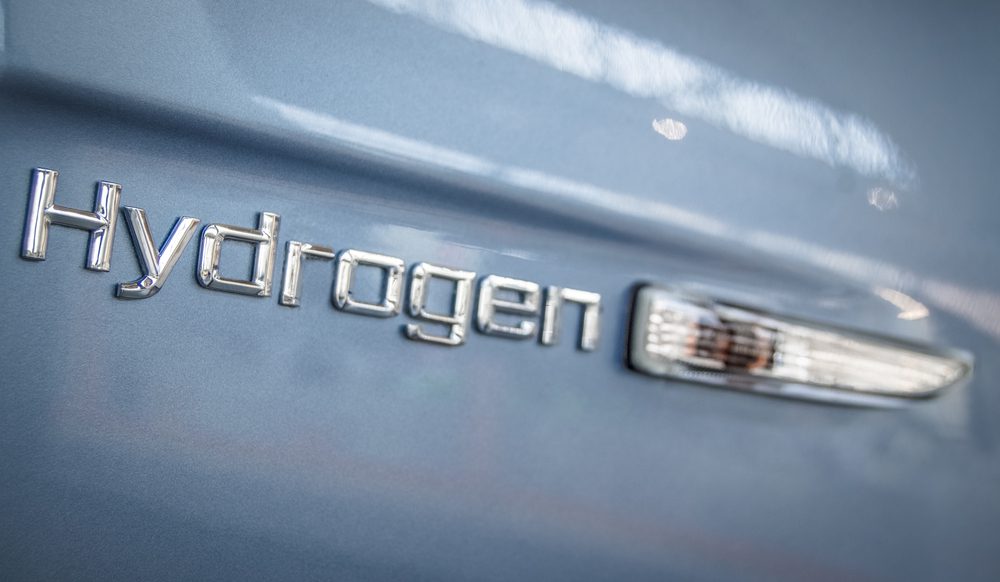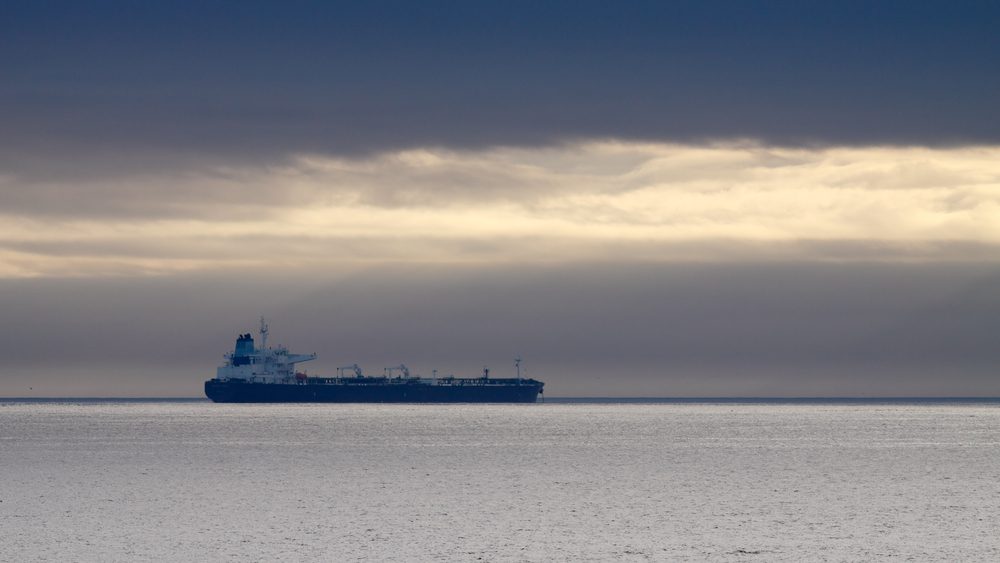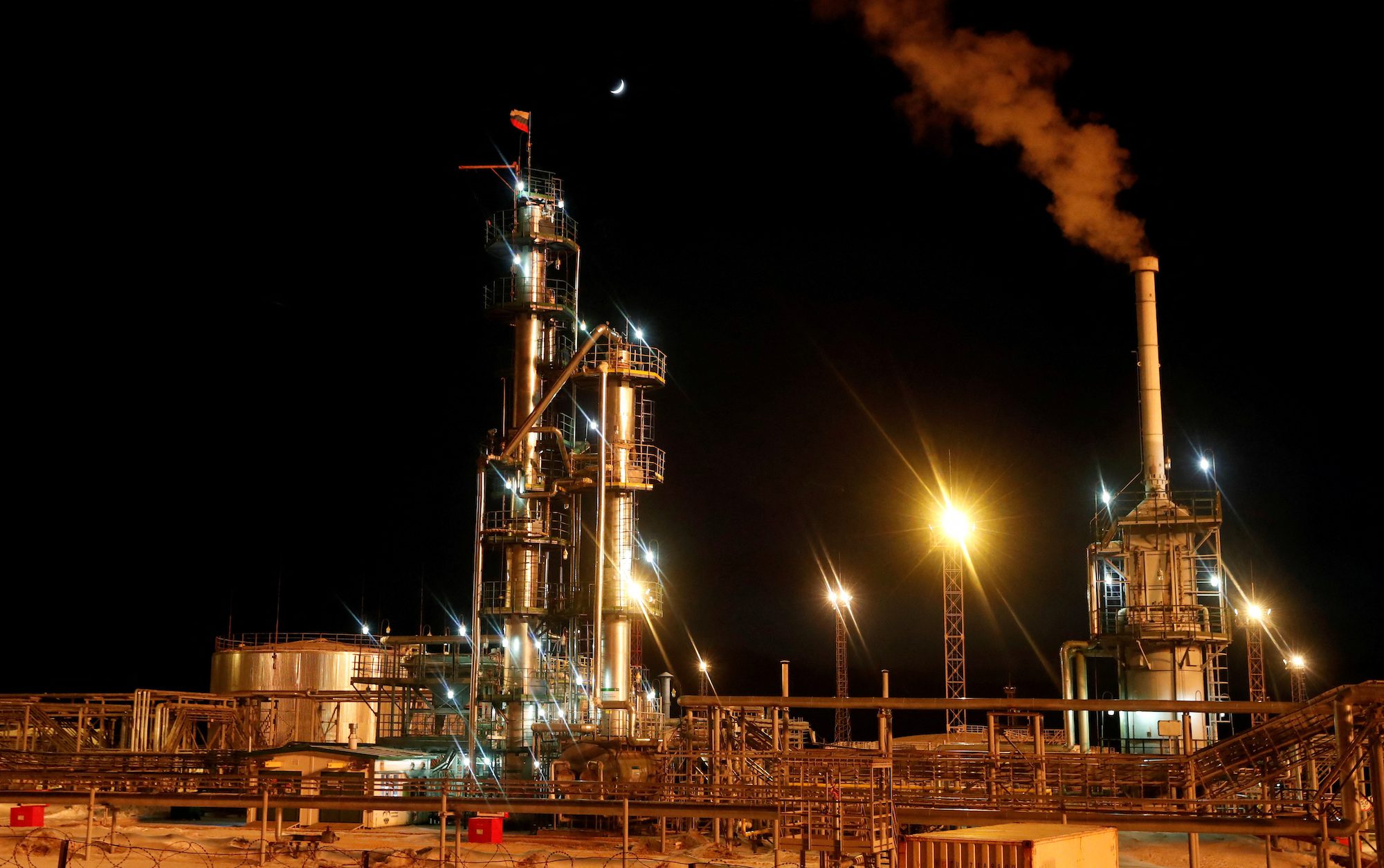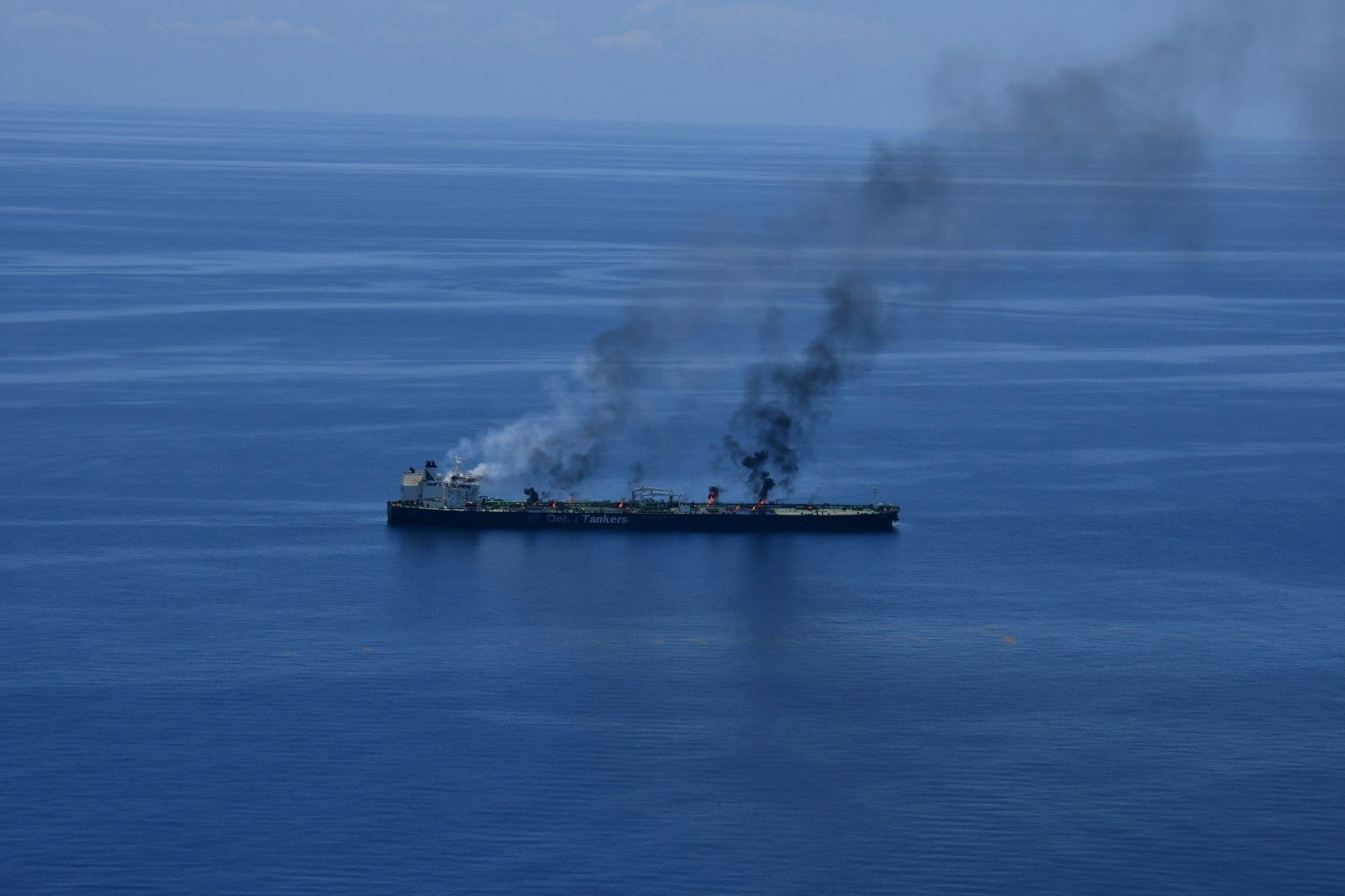The U.S. Department of Transportation’s Maritime Administration (MARAD) today announced that it is providing $500,000 to support a feasibility study for the design, construction, and operation of a high-speed passenger ferry powered by hydrogen fuel cell technology and a refueling station.
In theory, the fuel cell would provide power for the ferry’s propulsion and auxiliary electrical systems, and the refueling station – the largest hydrogen station in the world, Marad says – would service the ferry and other vehicles such as electric cars, buses, and other maritime vessels powered by hydrogen fuel cells.
“This study is just one more way in which MARAD is working to find new and efficient technologies for use in the maritime industry that offer clean-fuel options to cut emissions,” said Maritime Administrator Paul ‘Chip’ Jaenichen. “The U.S. maritime industry can play an important role in reducing the world’s carbon dioxide emissions and creating a more sustainable future for us all.”
[contextly_sidebar id=”vC84Bvb40w277CCCarZdJxazH5tE2GPm”]The study will examine the technical, regulatory, and economic aspects of a high-speed hydrogen fuel cell vessel as a clean energy alternative. The research effort will be lead by Sandia National Laboratories of the U.S. Department of Energy (DOE).
MARAD says the study is part of the ongoing work between Maritime Environmental and Technical Assistance Program (META) and the maritime industry to conduct research, testing, validation and documentation of fuel cells for marine applications. The work also coincides with a joint project to demonstrate fuel cells to provide auxiliary power for other port and shipboard applications, such as powering refrigerated containers (reefers) and replacing diesel generators.
The department is even funding an effort to demonstrate a fuel cell for ship auxiliary power for the TS KENNEDY, which is owned by MARAD and used by Massachusetts Maritime Academy as a training vessel.
The world’s first hydrogen-powered ship, called the FCS Alsterwasser, was developed by the German company Alster-Touristik GmbH and launched in 2009. The passenger vessel has been operating on Hamburg city waterways on fuel cells that generate 100 kW.
Cover photo: Shutterstock/Mr Doomits

 Join The Club
Join The Club











